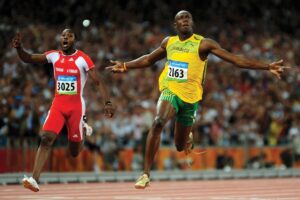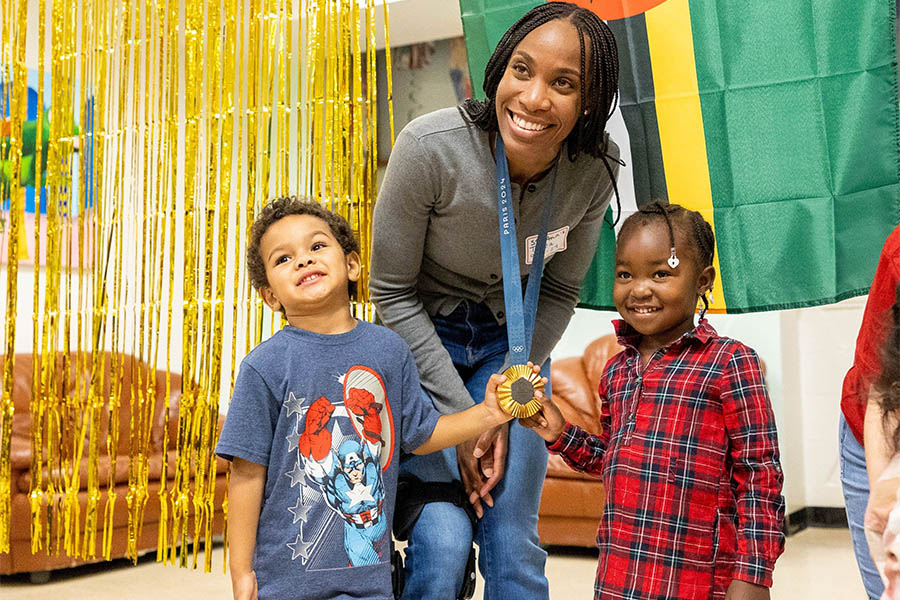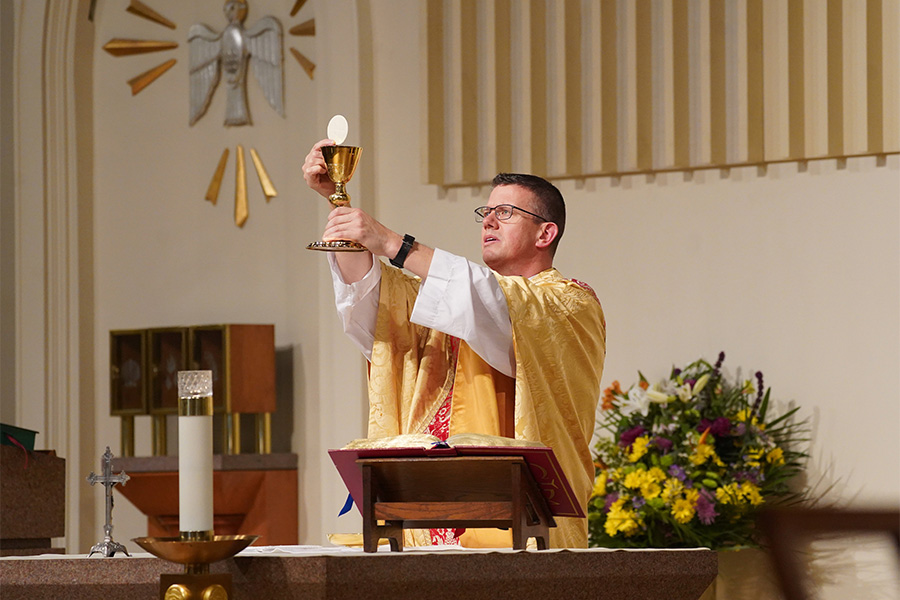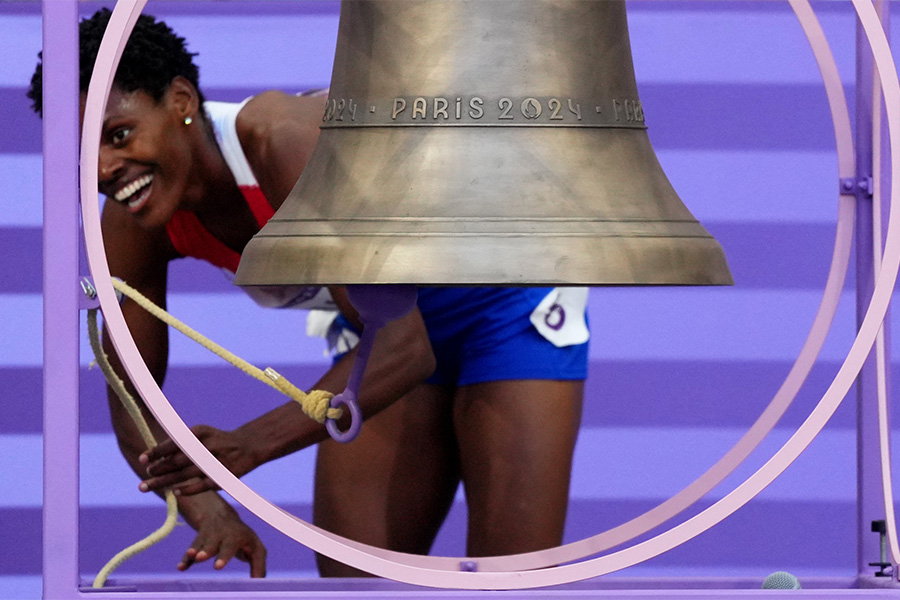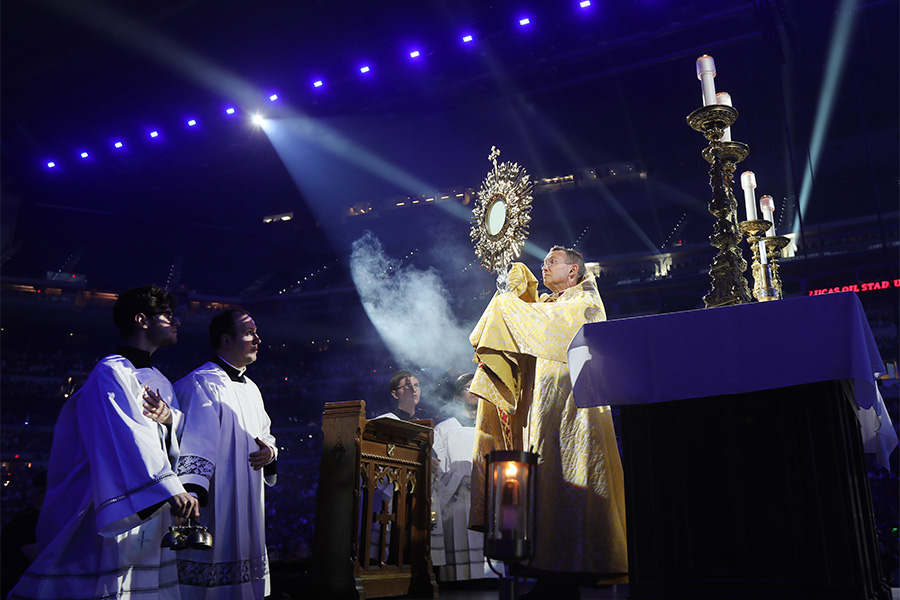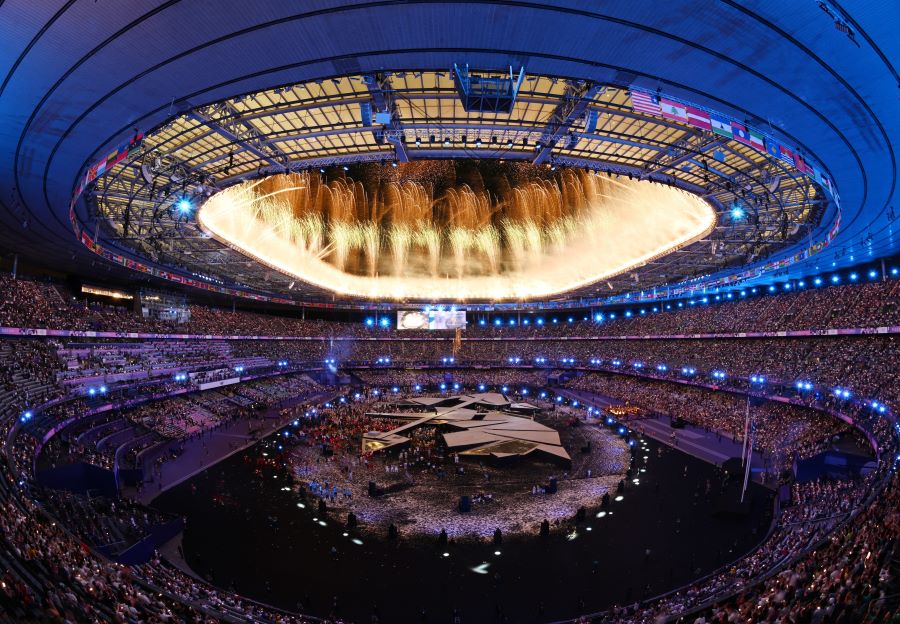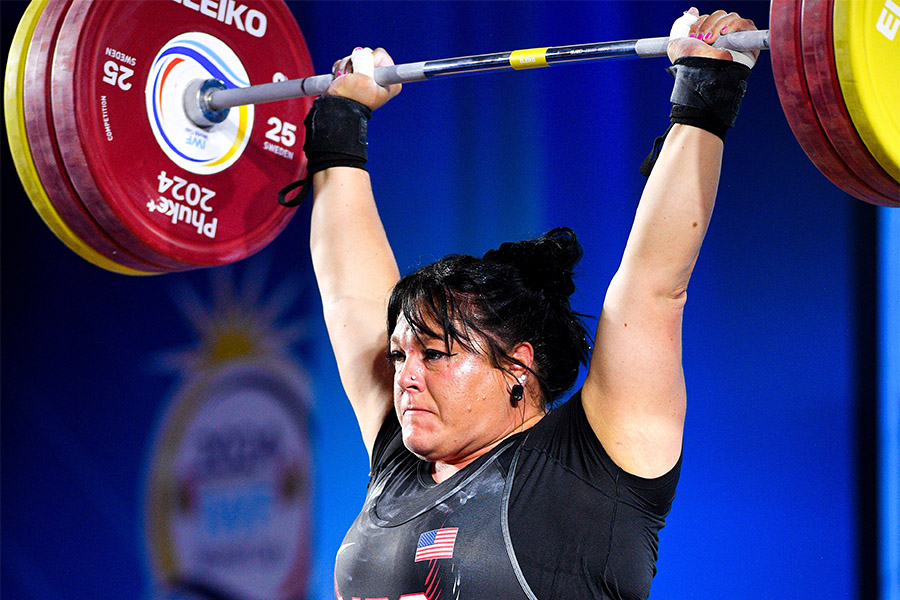Decluttering during the pandemic, I came across the program from my very first track and field meet, the 1966 All-Eastern South Atlantic AAU Games, indoors at what was then the Baltimore Civic Center.
Inside was buried treasure, the program my father had saved from his first meet, for the U.S. Army’s Hawaiian Division at Schofield Barracks on Oahu, in 1939. He was 18, and soon to be discharged, courtesy of a football injury, status rendered moot by Pearl Harbor.
We loved the sport, in part because it is cut and dry. Who can run the fastest? Who can jump the highest? Life being a bowl of paradox, that simplicity gets lost in its showcase, the Summer Olympics.
In 1968, ABC coverage from Mexico City included American sprinters Tommie Smith and John Carlos protesting racism on the medal podium. I don’t recall seeing much, however, about Mexican armed forces massacring dozens of student protesters before the Games.
My first political act came four years later. Working the public address for my high school’s football games, I called for a moment of silence, in memory of the 11 Israelis who had been killed days earlier by Palestinian terrorists at the Munich Olympics. Fifty years later, their conflict shows no signs of abating.
That drama was described by Jim McKay, a broadcaster taught by the Jesuits at what were then Loyola High and Loyola College. His rendering of humanity, in all its glory and pain, helped inspire a trip with family and friends to the 1976 Olympics in Montreal.
At the old Forum, as the Cold War raged, 20,000 North Americans cheered Poland’s upset of the Soviet Union in men’s volleyball. Outside the arena afterward, a lone man jogged, bearing the flag of Poland and a smile that conveyed the pride of an entire nation.
A front-row seat to that emotion and pageantry came with being the Summer Olympic correspondent for The Sun in 2000, when Cathy Freeman, an Indigenous woman, lit the Olympic Flame in Sydney, where Australia acknowledged its brutal treatment of its first peoples.
In Athens in 2004, the Michael Phelps beat required the Mediterranean custom of a midday nap. One day it came on a couch in a common area at the International Press Center, a literal Tower of Babel, where an animated conversation among several high-pitched voices disrupted my snooze.
I took them to be children, but awoke to three men from one of the shortest ethnicities on the planet. They might have been from Bhutan, or East Timor. It felt like a Steven Spielberg film about an alien encounter, albeit a pleasant one.
Two years later, ruining my son’s perfect attendance record at Archbishop Curley High School, we found ourselves in Berlin. Don and I made a pilgrimage to the Olympic Stadium where Jesse Owens, in 1936, had countered Adolf Hitler’s claims of Aryan superiority.
On the train to the Olympic park, two older men chatted, a delightful, incomprehensible buzz. The topic might have been an auto repair or medical bill, but in my mind, it was a sumptuous schnitzel.
Our curiosity about the other leads to acceptance, and requires feeding. Whether it’s on holiday in Germany or at a Latino restaurant above Fells Point, COVID-19 robbed us of coming together and shared experiences.
The Tokyo Olympics begin July 23, a year later than planned. Japan remains a pandemic hotspot, attendance will be limited, and it will not include spectators from other nations.
The real tragedy, of course, is the millions who have died of COVID-19. The TV show, featuring Simone Biles and Katie Ledecky, must go on – minus the customary human tapestry and connections being forged in the background, which compound the joy of the gathering.
Also see
Copyright © 2021 Catholic Review Media
